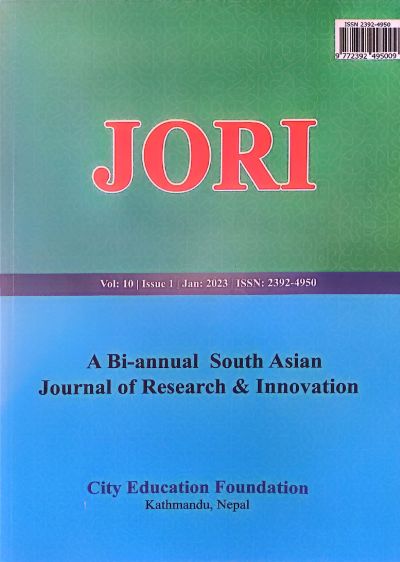Hospital Equipment Maintenance Management for Reliable and Effective Health Care Services in Nepal
DOI:
https://doi.org/10.3126/jori.v10i1.66087Keywords:
biomedical engineering, accuracy management, healthcare services, medical devices, operations management, diagnostic accuracy, healthcare improvementAbstract
The management of biomedical engineering instruments accuracy in Nepali hospitals has been a pressing issue, largely attributed to the lack of qualified biomedical engineering operations management teams. This challenge becomes even more complex due to the vast array of biomedical equipment imported from abroad, many of which are not only diverse but also relatively expensive. The primary concern in Nepal is to establish an efficient and competent biomedical equipment accuracy management system that can optimize the precision, longevity, and reliability of these crucial medical devices. The absence of well-organized biomedical engineering operations management teams has far-reaching consequences, as it hinders the healthcare sector's ability to deliver superior and consistent services to patients, ultimately affecting diagnostic accuracy.
To overcome this challenge, it is imperative to develop a well-managed and qualified biomedical engineering operations management workforce in hospitals and healthcare centers. This entails the acquisition of modern skills to effectively oversee, test, calibrate, and validate medical devices, thereby extending the lifespan of these instruments and ensuring consistent and accurate diagnostics for reliable healthcare services. The integration of such skills is essential for elevating the standards of healthcare in Nepal and enhancing the well-being of its population.




